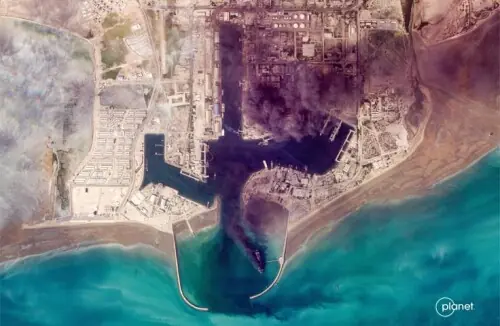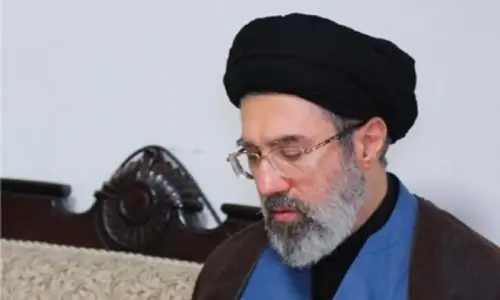ISLAMABAD, March 9: With the groundbreaking of the Iran-Pakistan gas pipeline project set for Monday despite unrelenting US opposition, the diplomatic community is buzzing over which of the foreign heads of state invited to the ceremony would be turning up.
President Asif Ali Zardari and his Iranian counterpart Mahmoud Ahmadinejad, who is hosting the ceremony, are reported to have sent invitations to eight heads of state and government.
Neither of the countries would divulge the guest list for the event being held at Gabd Zero point on the Iranian border but diplomatic sources say they include leaders from Central Asian states, Gulf Cooperation Council and Afghanistan.
According to one source, China too has been invited.
Afghanistan is so far the only country to have declined to attend the ceremony.
President Hamid Karzai’s regrets, a diplomatic source said, had more to do with renewed tensions with Pakistan than his US connection.
The Afghan president does not have the best of relations with Iran either.
The confirmations received by the Iranian government till Monday night, according to a foreign ministry official, were from Kuwait, Iraq, Qatar and United Arab Emirates.
The first three states would be represented at the ministerial level, while the UAE is reportedly sending its Deputy Prime Minister Sheikh Mansour bin Zayed Al Nahayan.
The Central Asian states are yet to reply to the invitation sent earlier this week.
This response to the invitations for the ceremony “is because of the short notice on which they had been sent”, a Pakistani diplomat explained while denying that US pressure was making regional leaders stay away from the very significant event both for Pakistan and Iran.
The diplomat hinted at “surprises” at the event.
Pakistan and Iran had invited regional leaders to offset the western resistance to the project because of sanctions on Iranian nuclear programme.
The two countries plan to sign a couple of other agreements at the Gabd ceremony, including setting up of an oil refinery in Gwadar and opening of new border crossings.
The Pakistan component of the pipeline will be constructed at a cost of $1.5 billion. Iran will provide $500 million loan to partially finance the construction, while Pakistan will pay the remaining cost.
The project is scheduled to be completed in 15 months.
Iran has already completed the pipeline in its territory, while the laying of 785km Pakistani section will commence now.
Pakistan will import 21.5 million cubic metres of gas daily from Iran through the pipeline.

































